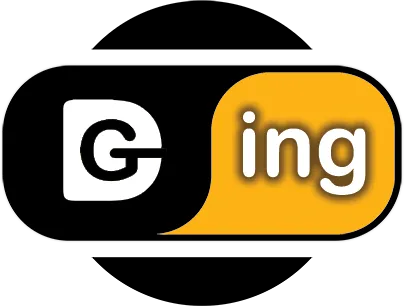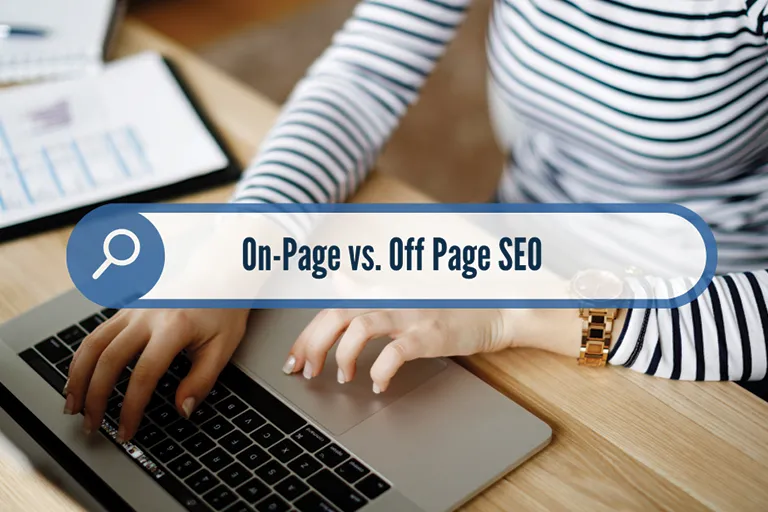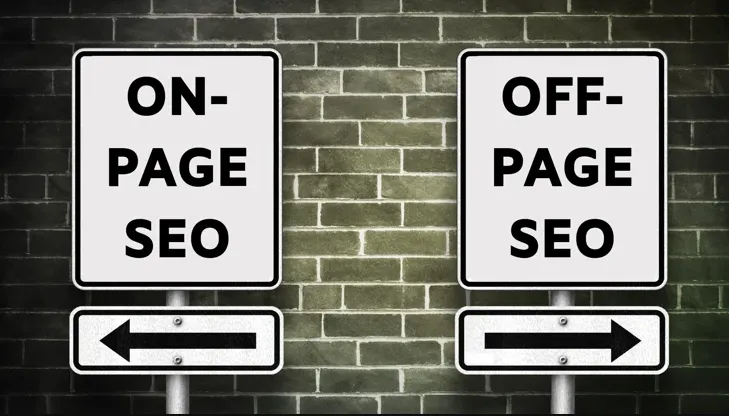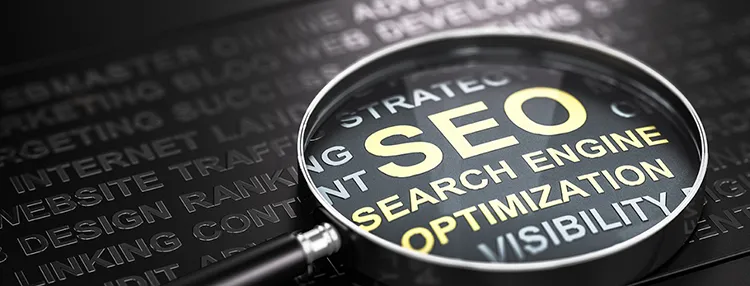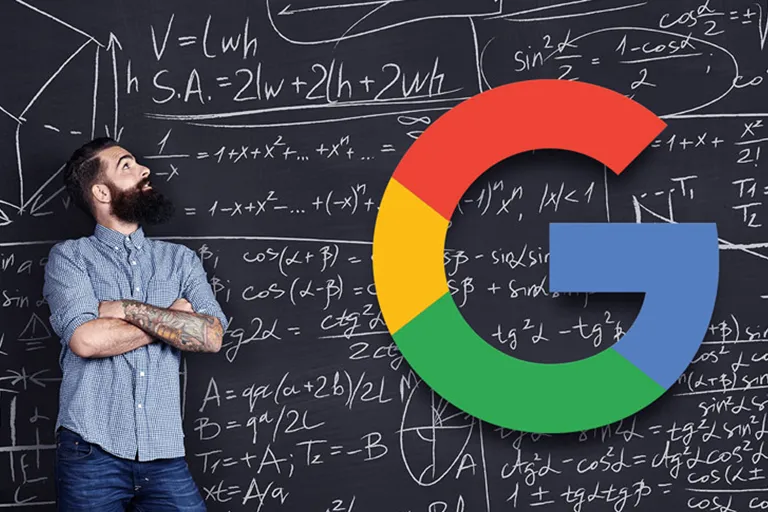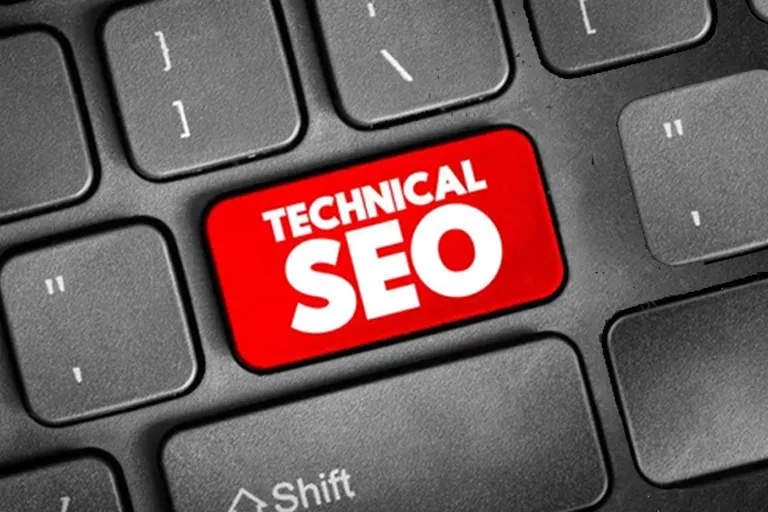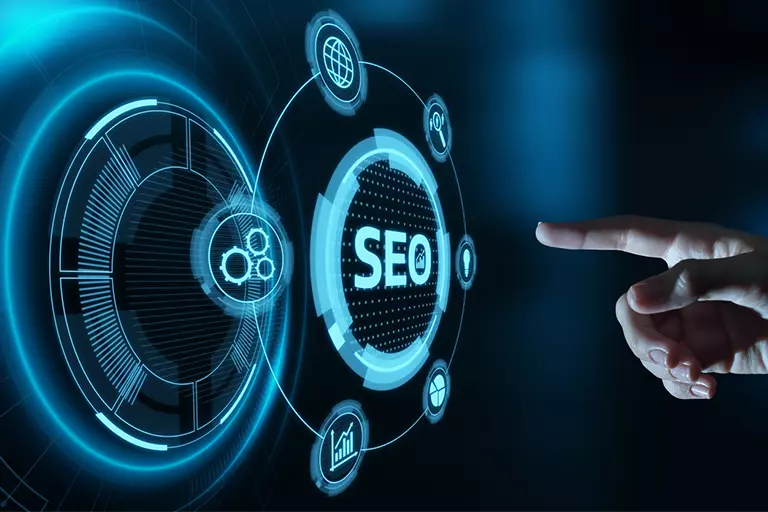Usually, in the first steps of familiarizing yourself with search engines and topics related to SEO, you read and hear the two terms On Page SEO and Off Page SEO a lot. Knowing the difference between On Page SEO and Off Page SEO and familiarizing yourself with how to use each one and complying with the principles and rules related to each of them are among the first steps in the field of SEO.
Of course, the SEO market is so hot these days that there are few people who don’t know that SEO refers to the factors that change the ranking of a website in the search engine, and to the person who has completed the checklists in this field and the related laws. It is followed by SEO work.
If we do not pay attention to the high costs of SEO at first glance, we will see that even after signing a contract with a company or an SEO person, if the site is not SEO in principle, it will return to its previous state after a few months for various reasons.
One of these reasons is that the efforts of competitors to increase the search engine ranking of their websites are very high, and in fact, a website in the field of SEO is in a highly competitive field to be the first.
Content production has a great role in attracting the attention of the search engine to the site, so we should start writing content in accordance with SEO principles and, of course, produce SEO content related to the business field and the needs of our target audience. It is related to On Page SEO.
It is important to note that bounce rate, or bounce rate, is very important in the field of On Page SEO, and also this measure has a direct relationship with the production of quality and good content. Content that is attractive and reliable in addition to being useful for the user.
After producing content and complying with other matters in On Page SEO, the discussion of Off Page SEO is raised, which usually ends with back links and advertisement reporting , which of course is not entirely true because the field of Off Page SEO is bigger than just reporting and getting back links .
The important and interesting thing is that there are no limits in On Page SEO, that is, the more we focus on content creation , optimizing the content in terms of readability, and optimizing the site in terms of loading speed, the better impact we will have on the output and Google ranking, but in Off Page SEO should be done carefully, for example, if we are going to start getting backlinks in the first months, we should not get a large amount of back links from foreign sites in the first stage. In these situations, Google acts like a smart person with high understanding and realizes that the links are false and after a while removes the website from the results, which is called a penalty to correct this move by Google!
So, to get started, we should start with On Page SEO and then go to Off Page SEO.
In the following, we will define and explain the difference between On Page SEO and Off Page SEO and we will review them together.
Important factors in SEO
Just search Google with the term SEO Ranking Factors to find tens of thousands of articles and articles in this field. For example, the Back link list.
Search algorithms , especially the Google search engine, have gradually evolved from a simple mechanical form of checking keywords to very complex, intelligent and adaptable patterns.
This means that the person who goes to search with Google , goes with a powerful learning machine that becomes smarter with each user search, compared to the previous moment, and adapts itself more and better to the new environmental conditions that include web content and user needs. adapts
The learning machine , based on the history of all the questions it has been asked so far and the combination of many factors, guesses the value and validity of the pages and their connection with the searcher’s question and lists the best options.
Then based on the user’s behavior and by examining questions such as whether he was satisfied? Did he continue searching? What did he do when he visited each link? And… it records its memories and adjusts and adjusts the coefficients of factor combinations.
Therefore, even the creators of learning machines do not fully understand how to analyze, make decisions and value their machines:
Suppose such a question is raised for machine learning designers, whether the average number of words per paragraph can help measure the validity of the text?
In a learning machine, such a question is not accompanied by human analysis. Rather, they provide this as a factor to the algorithm, and it is the algorithm that gradually and based on experience, decides about the weight and importance of this factor. While the importance of this factor becomes important in combination with other factors, it is possible that this factor is entered with a high coefficient on a certain page and is not considered anywhere else.
When the learning machine becomes more complex, it even extracts the original factors in addition to their weight and importance, and does not ask anyone’s opinion in this field.
With these explanations, you can now understand that the factors affecting the ranking of sites and URLs on the search engine results page are just a checklist suggested by experienced SEO experts and experts , and nothing more.
Even when these checklists are extracted by examining successful sites and detailed statistical studies, they still cannot be considered complete, valid and reliable.
Of course, this explanation does not reduce the value of these types of checklists and recommendations, but it is important to pay attention to the logic behind them and not believe the claims of people who believe that they have obtained a final and complete checklist for SEO.
Classification of SEO factors and techniques
Considering the number and variety of factors that seem to be important in SEO , it is necessary to classify them so that the use of these factors and their application are easier.
These types of classifications are completely tasteful and you can design and use a suitable classification depending on your experience.
For example, I have two types of classification:
- Structural factors versus content factors, which naturally form structural techniques and content techniques based on them.
- The SEO factors of content production versus the SEO factors of content reconstruction and re-creation, which naturally bring their own techniques.
But among all kinds of imaginable categories, one of the most common and well-known categories is the division of SEO principles and techniques into two categories: On-page SEO and Off-page SEO, which is actually the main difference between On Page SEO and It is also considered Off Page SEO. In the following, we will review each one very briefly.
On Page SEO
When we talk about On Page SEO, we mean working on all the principles, tools and techniques on our own website; It means the places that we have full authority and control over.
So, for example, when you spend time on the main article title and sub-headings, keywords used in the text, link building , URL address, building a cornerstone , increasing the site speed or reducing the bounce rate, you are busy with the On Page optimization of the site or On You are on-page SEO.
Off Page SEO
When we talk about off-page SEO, we mean trying and focusing on the status of our content and site from the eyes of others; That is, places that we usually do not have complete authority and control over.
If you have created an account in a number of social networks and you want to bring traffic from other places to your website using the hub and spoke pattern and on the other hand, show Google that your site and content are in other areas. That said, you can consider these activities as part of Off Page SEO.
Also, if you leave comments on other people’s blogs and sites and link to your own content; Or you publish content as a guest on your friend’s blog so that your writings are mentioned directly and indirectly, you are still optimizing the site with Off Page SEO techniques.
Note that the difference between On Page SEO and Off Page SEO is simply that the efforts are made in the on-site or off-site territory. But in the end, it’s all about search engine optimization.
Therefore, although it is logical and understandable to talk about the relative influence of these two categories of techniques, we must always remember that On Page SEO and Off Page SEO are complementary to each other and search engines do not recognize such a distinction and this discussion is only It is a classification.
